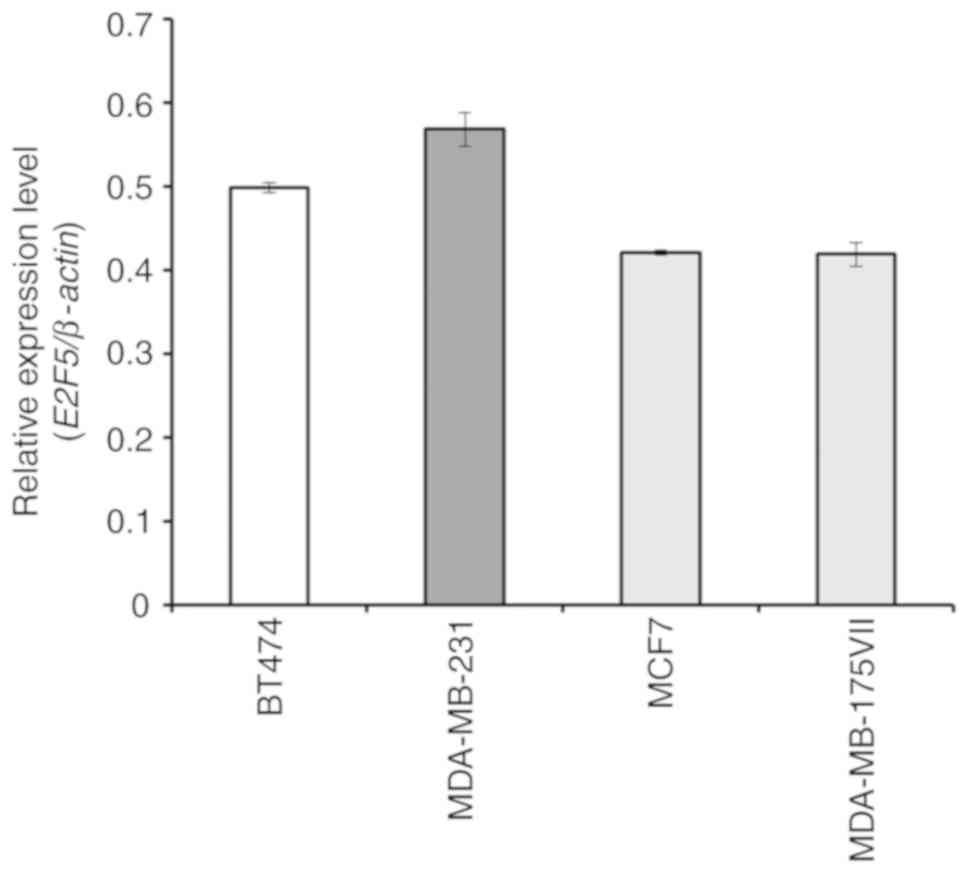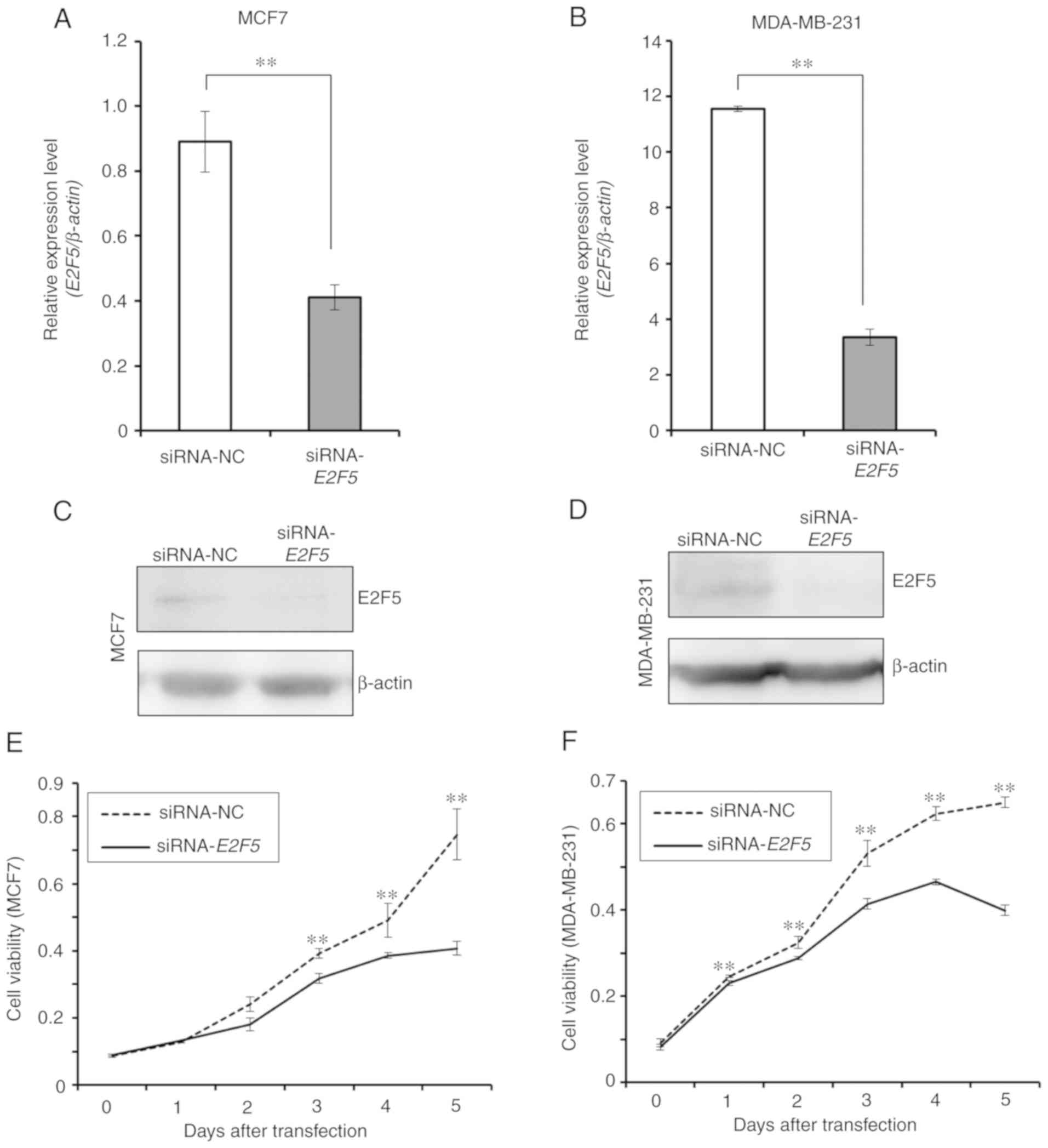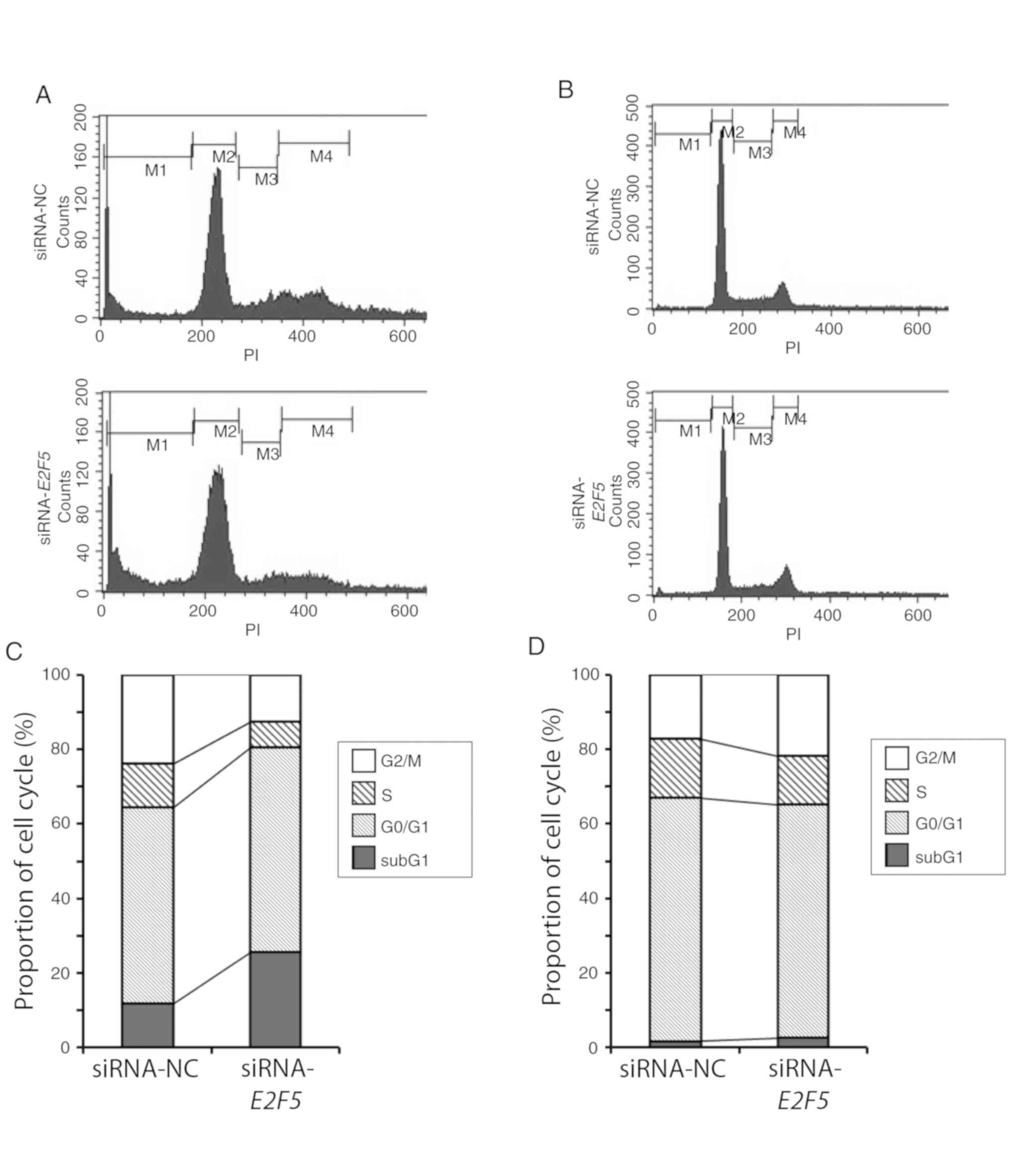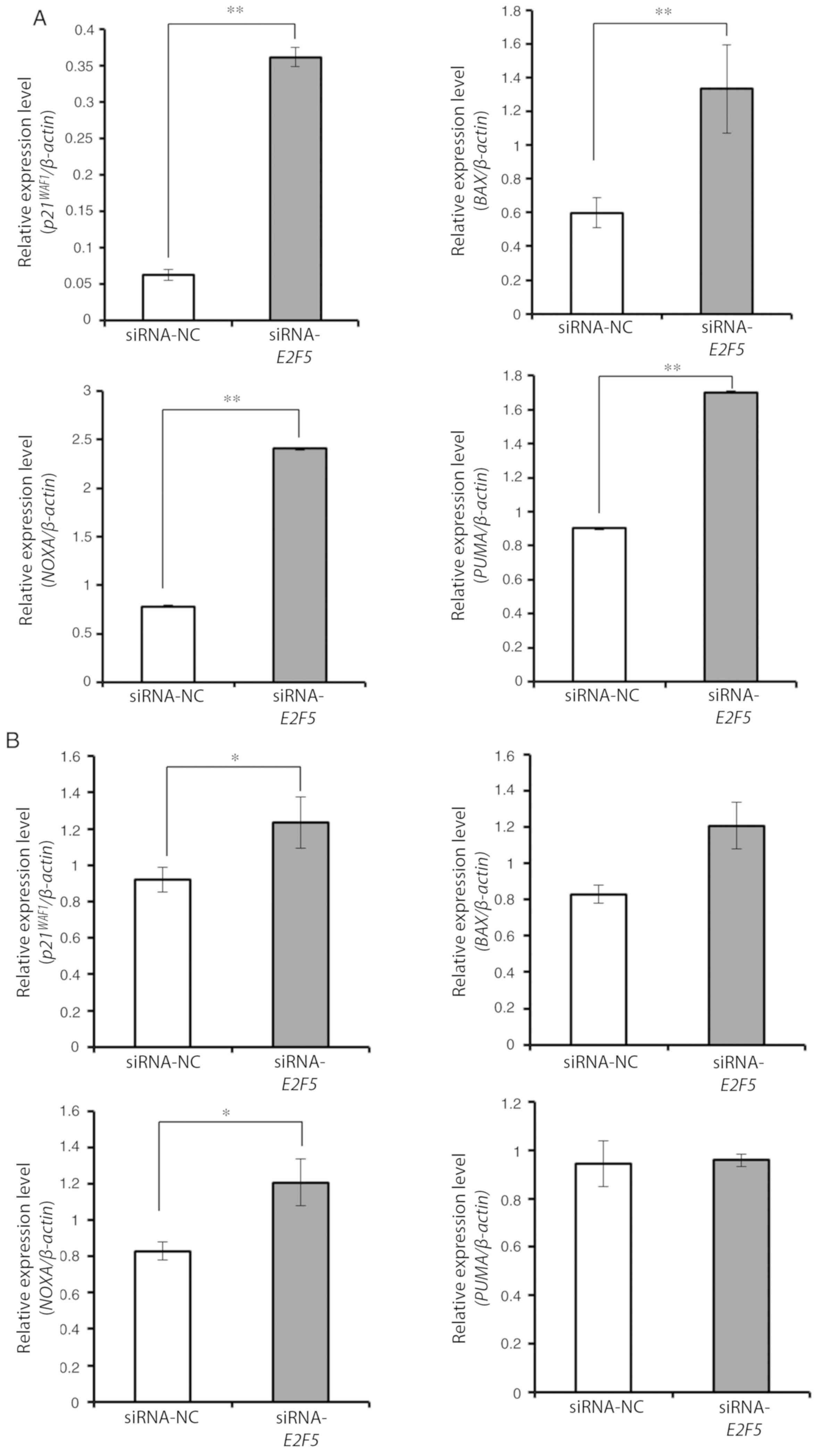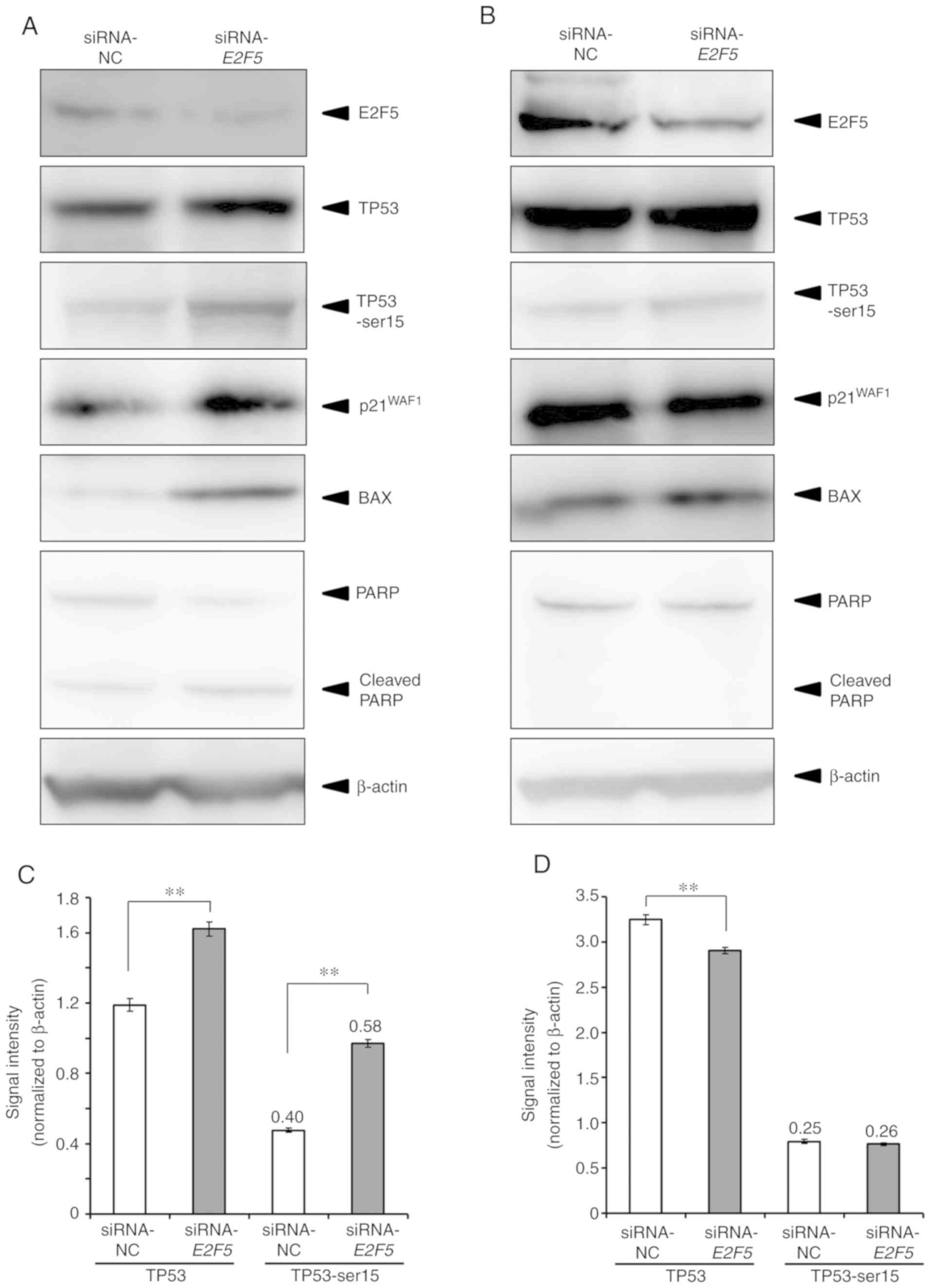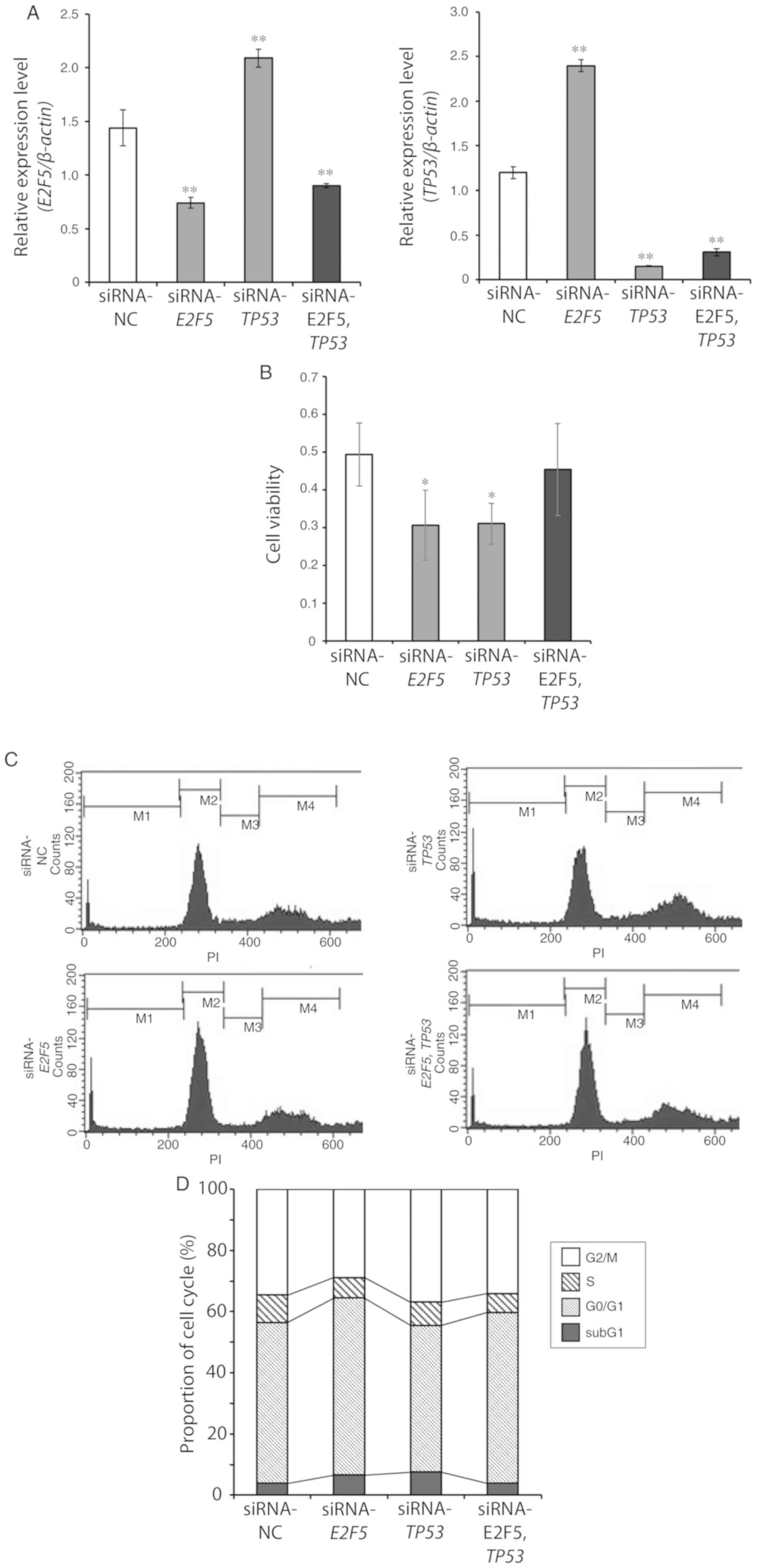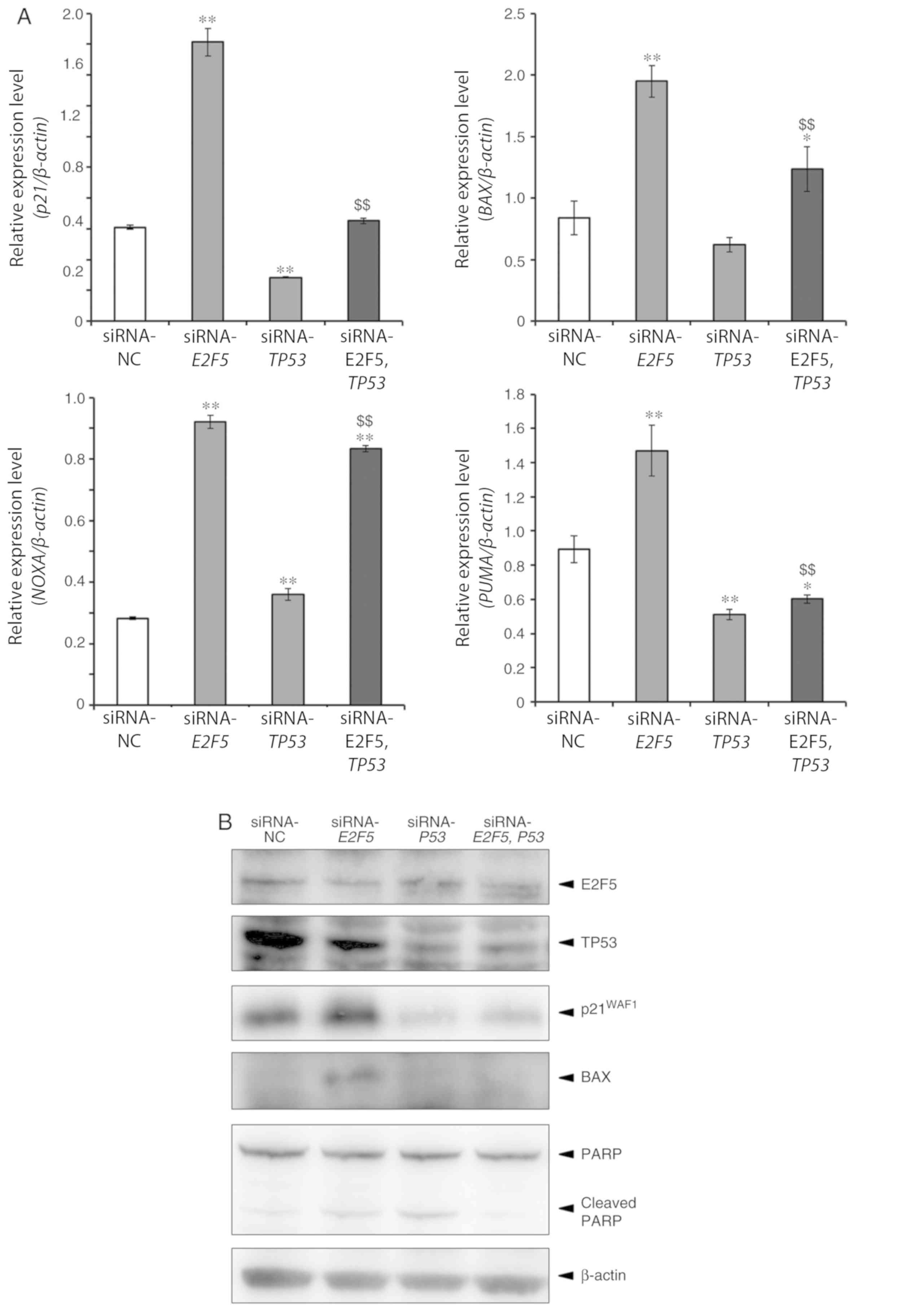|
1
|
Ginsburg O, Bray F, Coleman MP, Vanderpuye
V, Eniu A, Kotha SR, Sarker M, Huong TT, Allemani C, Dvaladze A, et
al: The global burden of women's cancers: A grand challenge in
global health. Lancet. 389:847–860. 2017. View Article : Google Scholar : PubMed/NCBI
|
|
2
|
Lalloo F and Evans DG: Familial breast
cancer. Clin Genet. 82:105–114. 2012. View Article : Google Scholar : PubMed/NCBI
|
|
3
|
Perou CM, Sørlie T, Eisen MB, van de Rijn
M, Jeffrey SS, Rees CA, Pollack JR, Ross DT, Johnsen H, Akslen LA,
et al: Molecular portraits of human breast tumours. Nature.
406:747–752. 2000. View Article : Google Scholar : PubMed/NCBI
|
|
4
|
Sørlie T, Perou CM, Tibshirani R, Aas T,
Geisler S, Johnsen H, Hastie T, Eisen MB, van de Rijn M, Jeffrey
SS, et al: Gene expression patterns of breast carcinomas
distinguish tumor subclasses with clinical implications. Proc Natl
Acad Sci USA. 98:10869–10874. 2001. View Article : Google Scholar : PubMed/NCBI
|
|
5
|
Sorlie T, Tibshirani R, Parker J, Hastie
T, Marron JS, Nobel A, Deng S, Johnsen H, Pesich R, Geisler S, et
al: Repeated observation of breast tumor subtypes in independent
gene expression data sets. Proc Natl Acad Sci USA. 100:8418–8423.
2003. View Article : Google Scholar : PubMed/NCBI
|
|
6
|
Coussens L, Yang-Feng TL, Liao YC, Chen E,
Gray A, McGrath J, Seeburg PH, Libermann TA, Schlessinger J,
Francke U, et al: Tyrosine kinase receptor with extensive homology
to EGF receptor shares chromosomal location with neu oncogene.
Science. 230:1132–1139. 1985. View Article : Google Scholar : PubMed/NCBI
|
|
7
|
Akiyama T, Sudo C, Ogawara H, Toyoshima K
and Yamamoto T: The product of the human c-erbB-2 gene: A
185-kilodalton glycoprotein with tyrosine kinase activity. Science.
232:1644–1646. 1986. View Article : Google Scholar : PubMed/NCBI
|
|
8
|
Perou CM: Molecular stratification of
triple-negative breast cancers. Oncologist. 16 (Suppl 1):S61–S70.
2011. View Article : Google Scholar
|
|
9
|
Xanthoulis A and Tiniakos DG: E2F
transcription factors and digestive system malignancies: How much
do we know? World J Gastroenterol. 19:3189–3198. 2013. View Article : Google Scholar : PubMed/NCBI
|
|
10
|
Lees JA, Saito M, Vidal M, Valentine M,
Look T, Harlow E, Dyson N and Helin K: The retinoblastoma protein
binds to a family of E2F transcription factors. Mol Cell Biol.
13:7813–7825. 1993. View Article : Google Scholar : PubMed/NCBI
|
|
11
|
Dyson N: The regulation of E2F by
pRB-family proteins. Genes Dev. 12:2245–2262. 1998. View Article : Google Scholar : PubMed/NCBI
|
|
12
|
Stevaux O and Dyson NJ: A revised picture
of the E2F transcriptional network and RB function. Curr Opin Cell
Biol. 14:684–691. 2002. View Article : Google Scholar : PubMed/NCBI
|
|
13
|
Zhao J, Wu XY, Ling XH, Lin ZY, Fu X, Deng
YH, He HC and Zhong W: Analysis of genetic aberrations on
chromosomal region 8q21-24 identifies E2F5 as an oncogene with copy
number gain in prostate cancer. Med Oncol. 30:4652013. View Article : Google Scholar : PubMed/NCBI
|
|
14
|
Ishimoto T, Shiozaki A, Ichikawa D,
Fujiwara H, Konishi H, Komatsu S, Kubota T, Okamoto K, Nakashima S,
Shimizu H, et al: E2F5 as an independent prognostic factor in
esophageal squamous cell carcinoma. Anticancer Res. 33:5415–5420.
2013.PubMed/NCBI
|
|
15
|
Kothandaraman N, Bajic VB, Brendan PN,
Huak CY, Keow PB, Razvi K, Salto-Tellez M and Choolani M: E2F5
status significantly improves malignancy diagnosis of epithelial
ovarian cancer. BMC Cancer. 10:642010. View Article : Google Scholar : PubMed/NCBI
|
|
16
|
Lu G, Sun Y, An S, Xin S, Ren X, Zhang D,
Wu P, Liao W, Ding Y and Liang L: MicroRNA-34a targets FMNL2 and
E2F5 and suppresses the progression of colorectal cancer. Exp Mol
Pathol. 99:173–179. 2015. View Article : Google Scholar : PubMed/NCBI
|
|
17
|
Jiang Y, Yim SH, Xu HD, Jung SH, Yang SY,
Hu HJ, Jung CK and Chung YJ: A potential oncogenic role of the
commonly observed E2F5 overexpression in hepatocellular carcinoma.
World J Gastroenterol. 17:470–477. 2011. View Article : Google Scholar : PubMed/NCBI
|
|
18
|
Zou C, Li Y, Cao Y, Zhang J, Jiang J,
Sheng Y, Wang S, Huang A and Tang H: Up-regulated MicroRNA-181a
induces carcinogenesis in hepatitis B virus-related hepatocellular
carcinoma by targeting E2F5. BMC Cancer. 14:972014. View Article : Google Scholar : PubMed/NCBI
|
|
19
|
Donzelli S, Fontemaggi G, Fazi F, Di
Agostino S, Padula F, Biagioni F, Muti P, Strano S and Blandino G:
MicroRNA-128-2 targets the transcriptional repressor E2F5 enhancing
mutant p53 gain of function. Cell Death Differ. 19:1038–1048. 2012.
View Article : Google Scholar : PubMed/NCBI
|
|
20
|
Umemura S, Shirane M, Takekoshi S,
Kusakabe T, Itoh J, Egashira N, Tokuda Y, Mori K and Osamura YR:
Overexpression of E2F-5 correlates with a pathological basal
phenotype and a worse clinical outcome. Br J Cancer. 100:764–771.
2009. View Article : Google Scholar : PubMed/NCBI
|
|
21
|
Hijmans EM, Voorhoeve PM, Beijersbergen
RL, van't Veer LJ and Bernards R: E2F-5, a new E2F family member
that interacts with p130 in vivo. Mol Cell Biol. 15:3082–3089.
1995. View Article : Google Scholar : PubMed/NCBI
|
|
22
|
Gaubatz S, Lindeman GJ, Ishida S, Jakoi L,
Nevins JR, Livingston DM and Rempel RE: E2F4 and E2F5 play an
essential role in pocket protein-mediated G1 control. Mol Cell.
6:729–735. 2000. View Article : Google Scholar : PubMed/NCBI
|
|
23
|
Bouaoun L, Sonkin D, Ardin M, Hollstein M,
Byrnes G, Zavadil J and Olivier M: TP53 Variations in Human
Cancers: New Lessons from the IARC TP53 Database and Genomics Data.
Hum Mutat. 37:865–876. 2016. View Article : Google Scholar : PubMed/NCBI
|
|
24
|
Polanowska J, Le Cam L, Orsetti B, Vallés
H, Fabbrizio E, Fajas L, Taviaux S, Theillet C and Sardet C: Human
E2F5 gene is oncogenic in primary rodent cells and is amplified in
human breast tumors. Genes Chromosomes Cancer. 28:126–130. 2000.
View Article : Google Scholar : PubMed/NCBI
|
|
25
|
Ali A, Ullah F, Ali IS, Faraz A, Khan M,
Shah ST, Ali N and Saeed M: Aberrant promoter methylation at CpG
cytosines induce the upregulation of the E2F5 gene in breast
cancer. J Breast Cancer. 19:133–141. 2016. View Article : Google Scholar : PubMed/NCBI
|
|
26
|
Le Cam L, Polanowska J, Fabbrizio E,
Olivier M, Philips A, Ng Eaton E, Classon M, Geng Y and Sardet C:
Timing of cyclin E gene expression depends on the regulated
association of a bipartite repressor element with a novel E2F
complex. EMBO J. 18:1878–1890. 1999. View Article : Google Scholar : PubMed/NCBI
|
|
27
|
Vaishnav YN and Pant V: Differential
regulation of E2F transcription factors by p53 tumor suppressor
protein. DNA Cell Biol. 18:911–922. 1999. View Article : Google Scholar : PubMed/NCBI
|
|
28
|
Strano S, Dell'Orso S, Mongiovi AM, Monti
O, Lapi E, Di Agostino S, Fontemaggi G and Blandino G: Mutant p53
proteins: between loss and gain of function. Head Neck. 29:488–496.
2007. View Article : Google Scholar : PubMed/NCBI
|
|
29
|
Ozaki T and Nakagawara A: Role of p53 in
cell death and human cancers. Cancers (Basel). 3:994–1013. 2011.
View Article : Google Scholar : PubMed/NCBI
|
|
30
|
Majumder S, Bhowal A, Basu S, Mukherjee P,
Chatterji U and Sengupta S: Deregulated E2F5/p38/SMAD3 circuitry
reinforces the pro-tumorigenic switch of TGFβ signaling in prostate
cancer. J Cell Physiol. 231:2482–2492. 2016. View Article : Google Scholar : PubMed/NCBI
|















